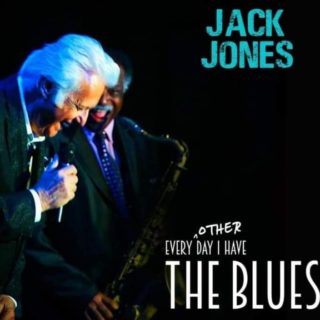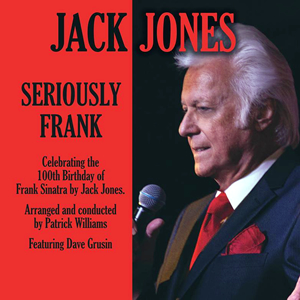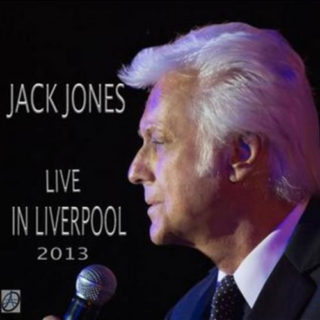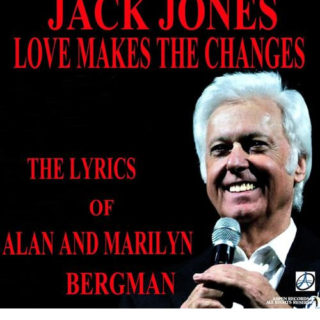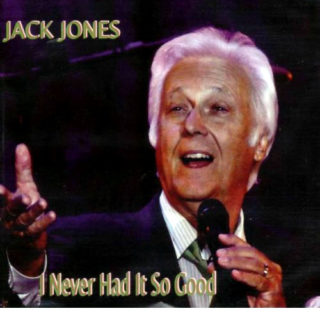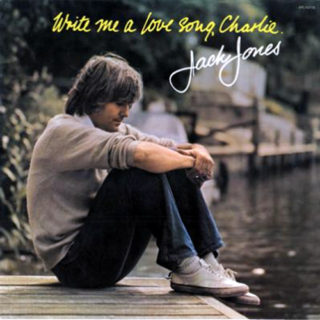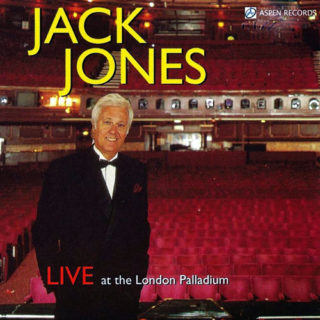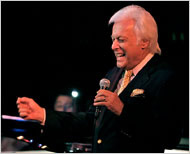
2009/09/14, by Stepen Holden – The New York Times
Jack Jones at the Oak RoomThe lyrics of Alan and Marilyn Bergman, with their focus on the psychology of relationships and the collision of romantic dreams with mundane reality, are traditionally associated with female singers, most notably Barbra Streisand. You might describe many of them as soap-opera ready.When a male crooner, especially an aging lion like Jack Jones, takes on the Bergman catalog, with its preponderance of ballads, the atmosphere shifts from the boudoir to a twilit sports arena visited by an old-timer ruminating on his glory days.
Mr. Jones, who opened the fall season of the Oak Room at the Algonquin Hotel on Wednesday with a nearly hour-and-a-half show devoted to the Bergmans’ songs, built the program around a boy-meets-girl, boy-loses-girl story. Eventually reunited, the imaginary couple are grateful for a relationship they initially took for granted. But that scenario was really a way for Mr. Jones to paraphrase his own biography right up through his recent marriage, which he celebrated with the happy-ending ballad “On My Way to You.”
Vocally, Mr. Jones has traded beauty for depth. His craggy baritone (reminiscent at times of Mark Murphy) bears little resemblance to the boyish crooning on his first hit, “Lollipops and Roses.” Not only his sound but also his perspective is that of a proud, weathered mountaineer (he is 71) testing his reflexes before making another ascent as winter approaches.
If his voice is no longer pretty, it is majestic, its bottom end a deep, rumbling bass-baritone used for intense dramatic emphasis. The upper register is reserved for quirky departures from pop decorum and for blues improvisations. On “Love Makes the Changes,” a little-known song with music by Michel Legrand, Mr. Jones became a ferocious blues shouter, and his excellent band ? Mike Renzi on piano, Chris Colangelo on bass and Kendall Kay on drums ? followed him into the Chicago blues cellar evoked by the music.
Mr. Jones found fresh things to say in ballads that everyone knows. “The Way We Were” pivoted around the questions “Would we?/Could we?,” each separated by a long, thoughtful pause. The song was coupled with “How Do You Keep the Music Playing?,” in which he emphasized its lurking fear expressed in the words, “The more I love the more that I’m afraid/That in your eyes I may not see forever.”
Fear, pride, nostalgia and new beginnings: Mr. Jones put himself on the line.





